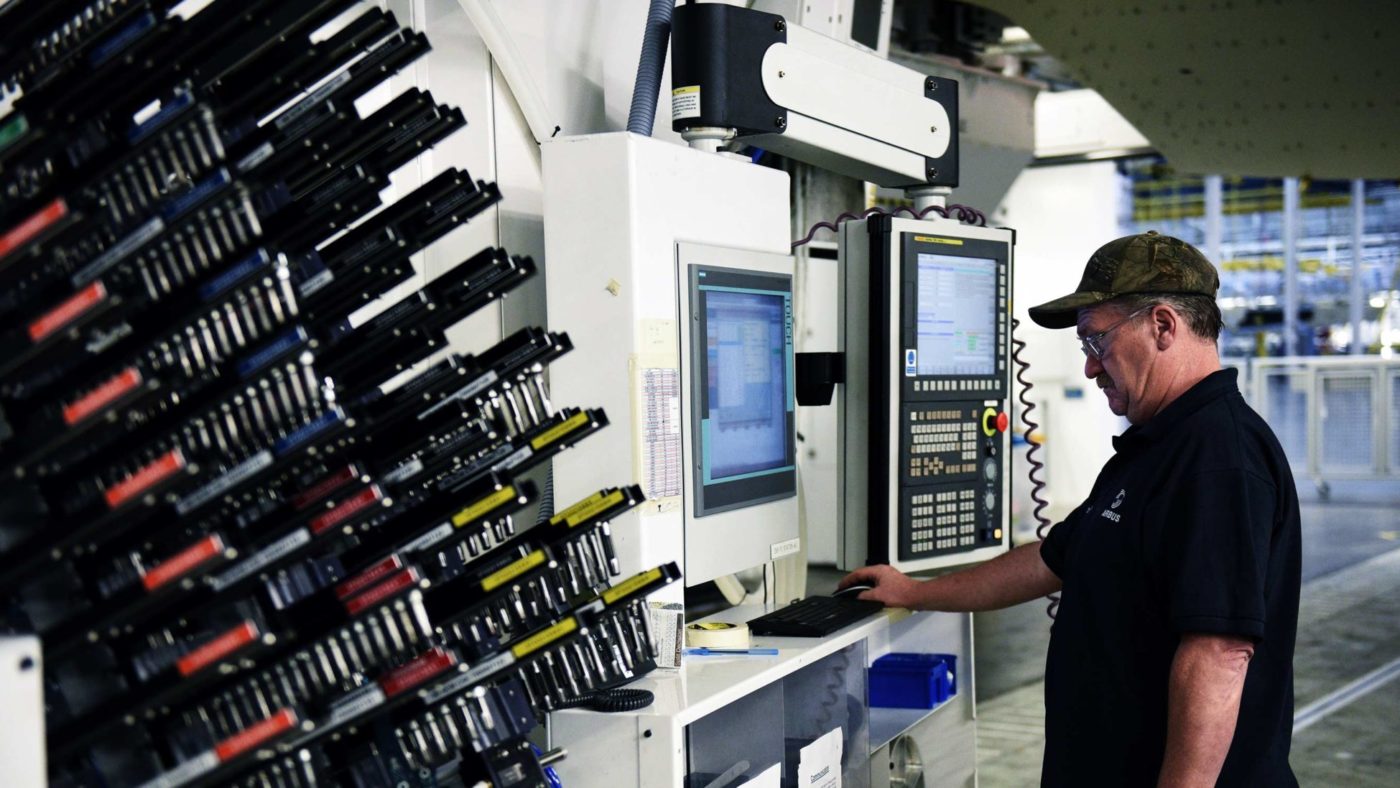We’re in desperate need of a productivity boost. Over the last decade output per hour worked has grown at its slowest rate since the industrial revolution, at just 0.3% a year. Weekly wages have only just scraped above pre-crisis levels and we’ve had the lowest share of private investment in fixed capital in the G7 for over two decades.
Fortunately, there’s a tried-and-tested way of unleashing the potential of British businesses, levelling up investment across the country and improving our everyday standard of living. Follow the Adam Smith Institute’s advice and abolish the factory tax. This would massively boost the productivity of key UK industries, especially in the manufacturing sector, which disproportionately contributes to jobs and economic output in the Midlands and the North.
So what is the ‘factory tax’, exactly? We at the ASI coined the term to highlight the way our tax system unfairly penalises companies that invest in more machinery and industrial premises. As it stands, businesses can deduct the cost of day-to-day expenses like wages, pens and paper or raw materials from their corporation tax bill straight away. But for longer-term expenses like machinery and industrial buildings, they can only claim back a fraction of the cost over a number of years.
This means that the value of investing in, say, a new high-tech blast furnace is eaten away over time by a combination of inflation, opportunity cost and the fact that money in the future is worth less than money today.
We already know that corporation tax reduces investment, hitting growth and living standards – and successive cuts to the UK’s headline rate of corporation tax have been justified on this basis. But recent reforms have benefited service sector firms in London more than steel plants in places like Redcar. Over the past decade we have also increased the length of time that companies are required to write off the cost of their investments, possibly due to EU state aid rules.
The result is the UK now has one of the worst systems for corporate cost recovery in the OECD: just 76% for machinery and 28% for industrial buildings. And we’re lagging behind our international competitors. Despite having one of the lowest headline rates of corporation tax in the developed world (4th out of 36), our overall corporate tax system only ranks slightly above the OECD average (15th out of 36), in large part due to our poor cost-recovery system.
Abolishing the factory tax and introducing ‘full expensing’ for machinery and industrial premises would solve a host of problems at a stroke. A number of studies have shown that such a reform massively boosts investment, wages, and employment: arguably to a greater extent than a simple rate cut. One paper looking at US states found that full expensing increased investment by an astonishing 17.5%, grew wages by 2.5%, increased employment by 7.7% and raised production output by 10.5%. Another paper from the Oxford University Centre for Business Taxation showed that increases in the UK’s plant and machinery investment allowance for SMEs boosted the investment rate by 11%. And another paper, published in the American Economic Journal examining a similar reform in China found that it increased investment by 38% and raised productivity by 9%. At the Adam Smith Institute our own latest modelling predicts that eliminating the factory tax would boost investment by 8.1% and labour productivity by 3.54% (£2,214) per worker.
Of course, there’s no such thing as a free lunch. We estimate that more generous expensing would reduce long-run annual corporate tax revenues by 0.47% of GDP (£9.4bn) on a static basis. However, this doesn’t factor in additional revenues resulting from increased investment, wages, and output. Abolishing the factory tax on machinery while retaining it for structures and buildings (by making the Annual Investment Allowance unlimited) would cost significantly less.
With the economic evidence pointing so clearly in one direction, it’s no surprise that a broad coalition of organisations is in favour of this change. Remarkably, Make UK’s latest survey found that more than a quarter of UK manufacturers (25.7%) see increasing investment allowances as the top priority for the new government – the most popular response. The respected Tax Foundation in the USA is on board, as are other think-tanks like the Centre for Policy Studies, Onward and the non-partisan Institute for Fiscal Studies (who advocate a similar rate of return allowance). It’s also supported by former President Barack Obama’s Chief Economist Professor Jason Furman, Harvard Professor of Economics Robert J. Barro, and top University of Oxford academics like Professor Michael Devereux.
“Levelling up Britain” is a catchy political slogan, but it needs some real meat on it. The Government should show it’s serious about reinvigorating areas outside London and the South-East, and that they still believe business is the best force to create growth and raise living standards – scrapping the factory tax would do just that.
Click here to subscribe to our daily briefing – the best pieces from CapX and across the web.
CapX depends on the generosity of its readers. If you value what we do, please consider making a donation.


